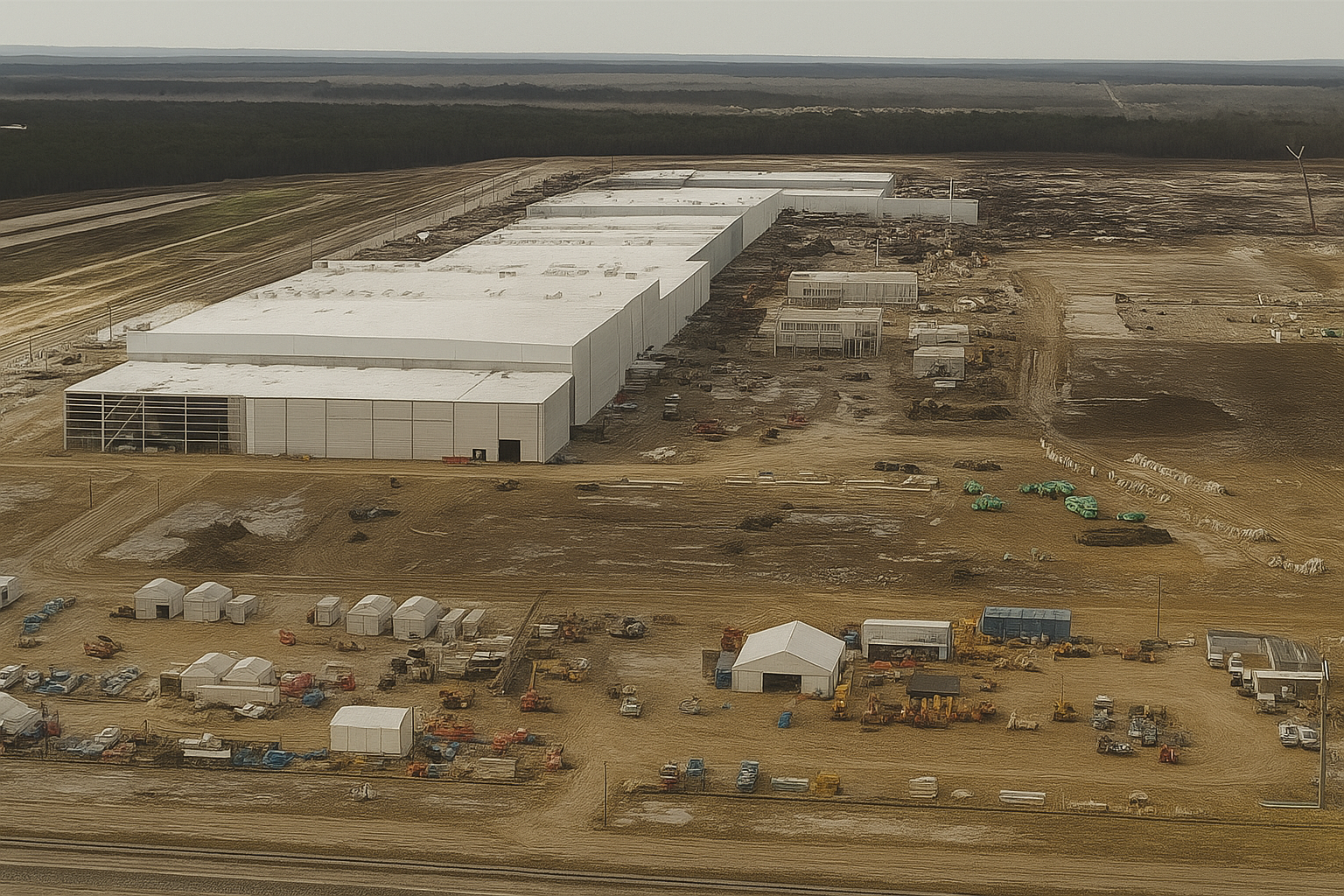"Ford's Marshall EV Battery Plant Eligible for Federal Tax Credits - Revolutionizing the Future of Sustainable Transportation!"
The Cereal City Buzz
Archives
"Ford's Marshall EV Battery Plant Eligible for Federal Tax Credits - Revolutionizing the Future of Sustainable Transportation!"
SIGN UP FOR OUR NEWSLETTER
Ford Says Marshall EV Battery Plant Is On Track for Federal Tax Credits |
60% Complete, $3 Billion Facility to Bring 1,700 Jobs by 2026 |
Ford Motor Company announced Tuesday that its $3 billion electric vehicle battery plant in Marshall, Michigan, remains on track to qualify for key federal production tax credits.
The announcement comes as the project reaches about 60% completion and eyes a 2026 production launch.
Originally unveiled in February 2023, the facility is expected to employ approximately 1,700 workers and produce battery cells using technology from Chinese battery manufacturer CATL. Ford believes the plant will meet the requirements of recently updated federal legislation that governs which EV battery components are eligible for U.S. tax incentives.
In May, Ford raised concerns over a House version of a tax and budget bill that would have disqualified batteries made using Chinese technology from receiving tax credits. However, the final version of the bill revised that language, allowing Ford’s Michigan plant to remain eligible. The automaker called the move "a win for our customers and a win for American competitiveness."
The updated legislation also received praise from the Alliance for Automobile Manufacturers—representing brands like Ford, GM, Toyota, and Volkswagen—for preserving advanced auto manufacturing across the U.S. while ensuring Chinese companies themselves could not claim tax benefits.
Despite receiving a scaled-back incentive package from Michigan last year—due to Ford lowering its EV production targets amid slower market demand—the plant remains a high-profile part of the company’s electrification strategy.
The project has drawn political scrutiny due to its ties with CATL, though Ford has defended the collaboration as essential for speeding up U.S. battery production.
The sweeping tax bill included broader changes affecting the EV market.
Notably, it ends the $7,500 federal tax credit for new electric vehicle purchases and the $4,000 credit for used EVs after September 30.
It also offers relief for automakers by eliminating penalties tied to Corporate Average Fuel Economy (CAFE) standards, making it easier for manufacturers to balance EV and traditional gas-powered vehicle production. |

